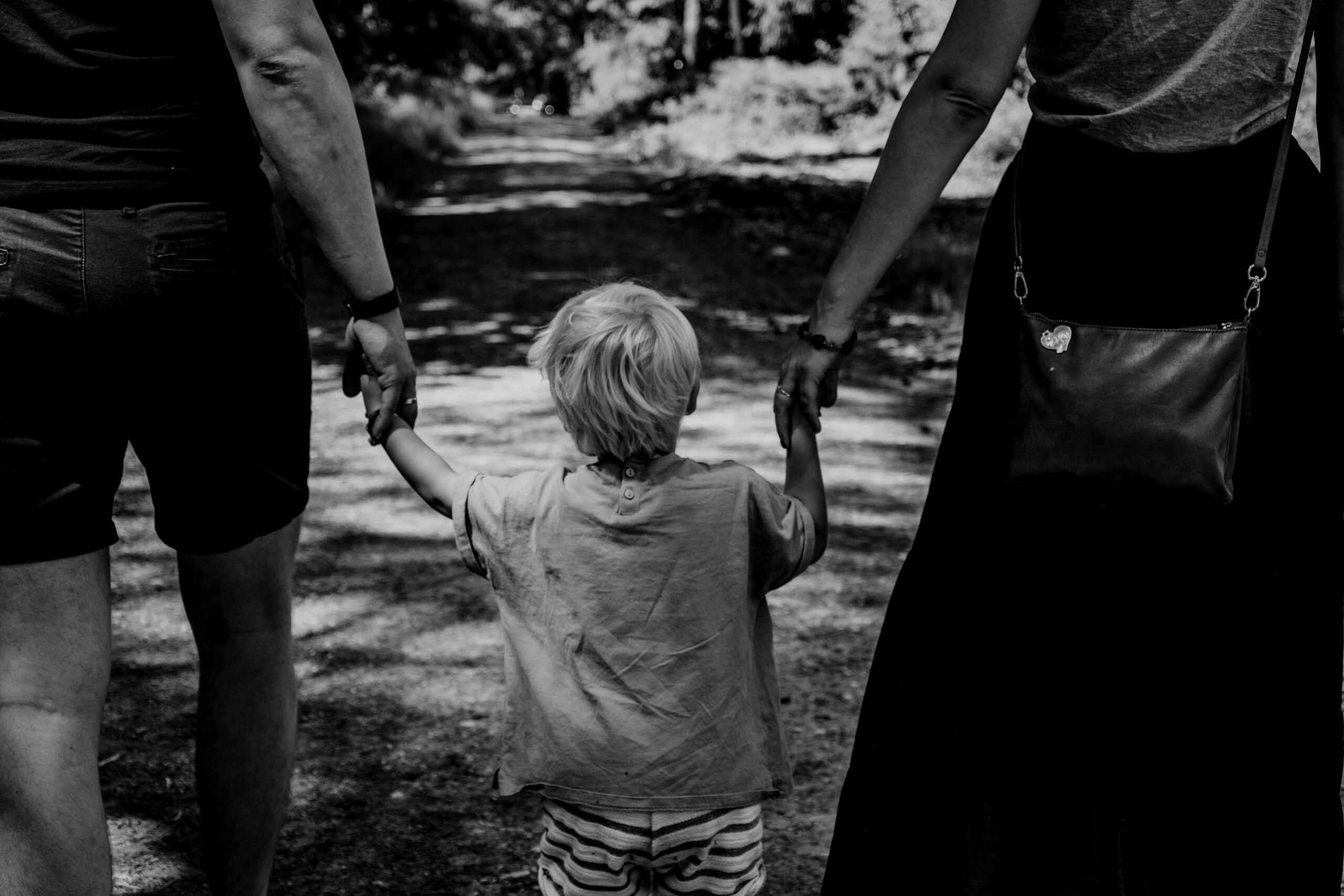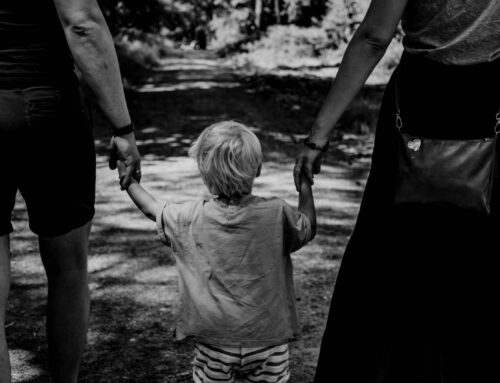Because you care about your children, their healthy adjustment, and their general well-being, you will want to make the following commitments regarding how you “show up” as a parent in your co-parenting after divorce. Consider these commitments as actions that support your highest values and intention to support your children by parenting peacefully and respectfully.
- To adhere to a minimum standard of civility, common courtesy, and respect. This applies to interactions in front of and around your children and also privately with your co-parent, whether written, spoken, or in person.
- To remain focused on your children’s needs, feelings, and perspectives above your own complicated divorce related feelings and perspectives. You recognize that your own experiences are different and separate from your children’s. Your children’s well-being is central to your actions and choices.
- To support your children’s right to love and have a healthy relationship with each parent.
- To communicate directly to your co-parent regarding your children. You never use your children to send messages to their other parent on your behalf. Neither do you burden them with details of your divorce, your co-parenting interactions, or private adult information.
- To remain present and future oriented, rather than past focused. That means thinking and acting as parents and letting go of old patterns from when you were spouses.
- To be aware of your triggers and work hard to manage feelings that could interfere with your effectiveness as co-parents.
- To be trustworthy in words and actions. You keep commitments, follow through, be consistent, and do what you said you would do.
- To respect the other parent’s time, home, and belongings.
- To create new ways of communicating and interacting that focus on sharing relevant information about your shared children.
- To focus on creative problem solving rather than blame.
- To make polite requests rather than demands.
- To focus on facts and understanding the difference between opinion, judgments, and facts.
- To listen respectfully, avoid interruptions, and seek to understand.
- To challenge your own assumptions and beliefs and remain open minded to other points of view.
We know what parents can do that hurts children and what helps children during and after divorce. Parents can be helpful supporters of their children or they can become underminers of their well-being and adjustment. How you navigate your divorce and how you navigate your co-parenting relationship can make a big difference in how well your children manage. Making these commitments and renewing them daily will help.
For more guidance and assistance to keep these co-parenting commitments, consider the following books:
The Quick Guide to Co-Parenting After Divorce
The Co-Parenting Handbook
Or, consider co-parenting consultation for more specific guidance tailored to your family circumstances:






